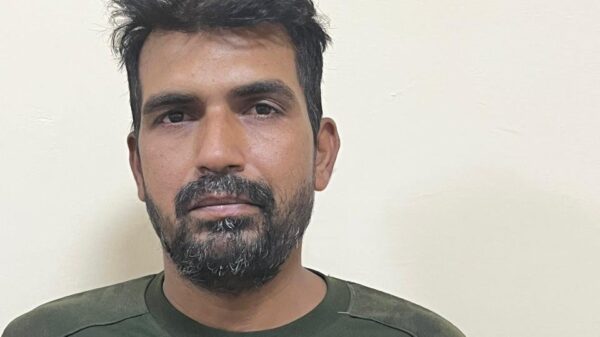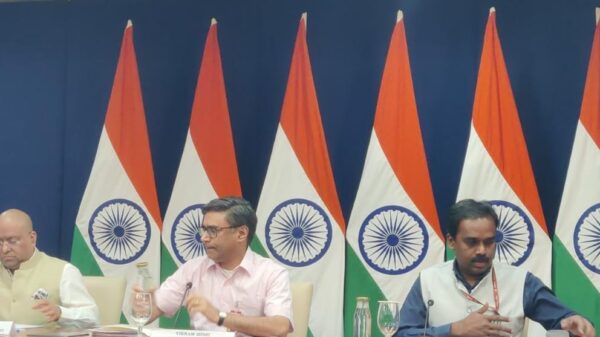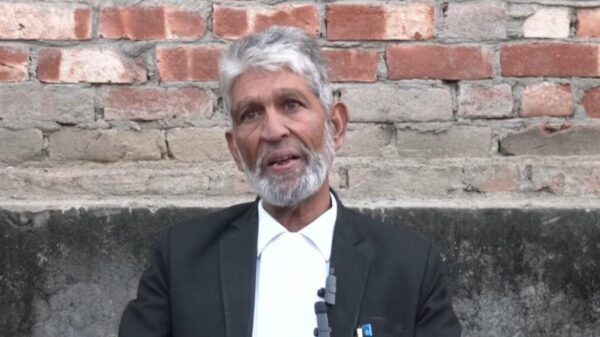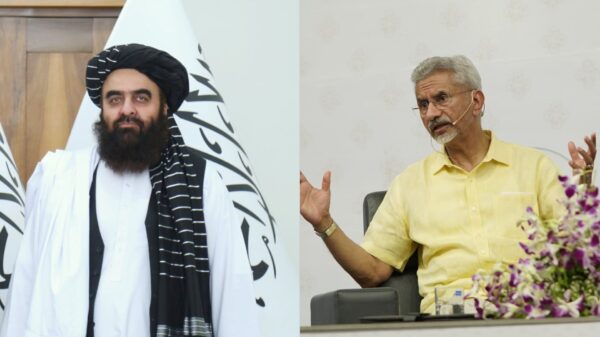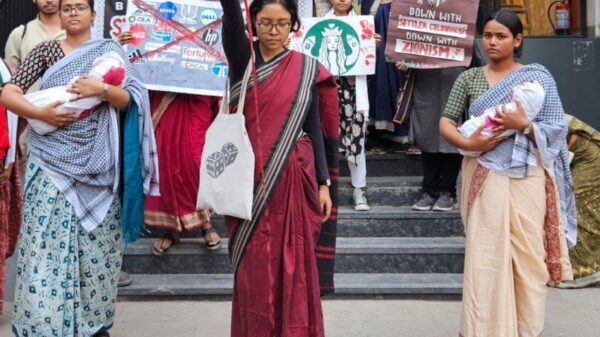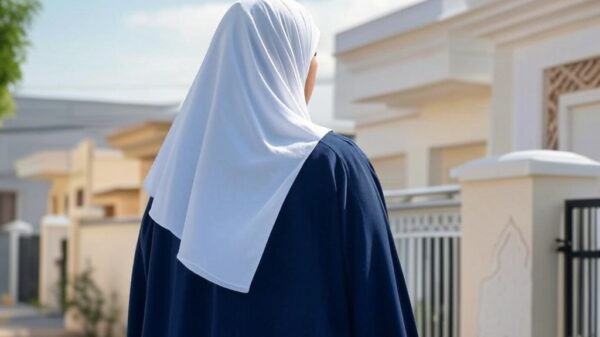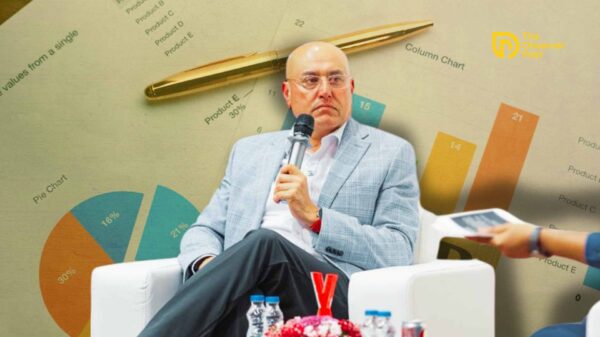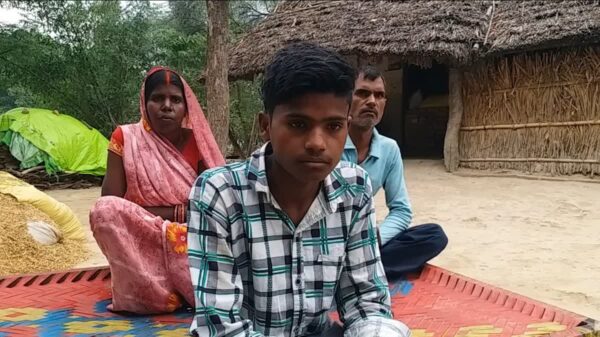In a recent ruling, the Allahabad High Court reaffirmed that a Muslim man is permitted to marry more than once under Islamic personal law—provided he treats all his wives equally. The judgment came while hearing a plea by Furkan, a man facing criminal charges for allegedly marrying a woman without disclosing his earlier marriage.
Furkan had been summoned by a Moradabad court based on a complaint filed in 2020 by a woman who accused him of marrying her without revealing his first marriage and raping her during the course of their relationship. A chargesheet was filed, and summons were issued against Furkan and two others. However, Furkan challenged these proceedings, claiming that under Muslim law, he is allowed to marry up to four times.
Justice Arun Kumar Singh Deshwal, presiding over the case, stated that Section 494 of the Indian Penal Code—which criminalizes bigamy—is not attracted if the first marriage is valid and the subsequent marriage is permitted under personal law.
“Polygamy in Islam is not for lust or desire. It is permitted under specific historical and moral conditions,” the judge observed.
In a detailed 18-page judgment, the court delved into the Quranic context of polygamy. Justice Deshwal noted that the Quran mentions polygamy only once, and it was permitted during a time when many Muslim men were killed in early battles, leaving behind widows and orphans.
“The provision was meant to protect widows and children from exploitation—not to satisfy personal interests,” the judge clarified.
The court held that Furkan’s second marriage was valid, as both women involved were Muslim. It also ruled that the rape allegation did not stand, as the relationship was within a marital framework. The offence under IPC Section 494 (bigamy) would apply only if the earlier marriage had been declared void, which was not the case here.
The court has quashed the chargesheet, cognisance, and summons against Furkan, ruling that no offence of bigamy or rape was made out.
The matter has now been listed for further hearing on May 26.

